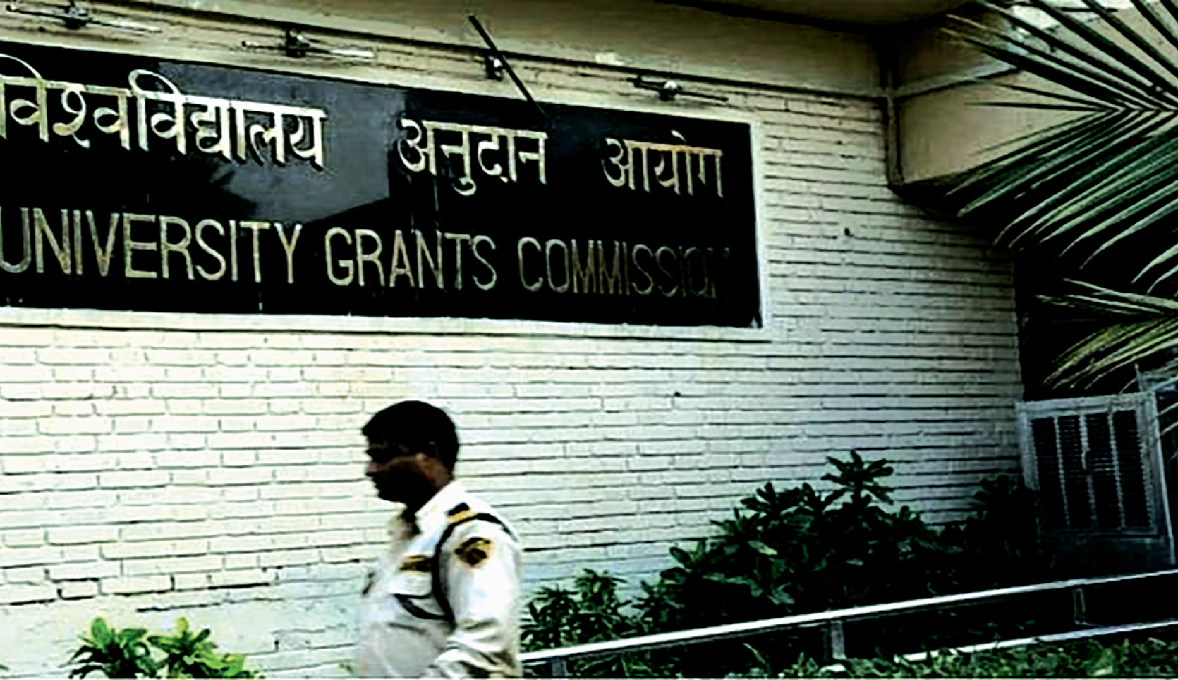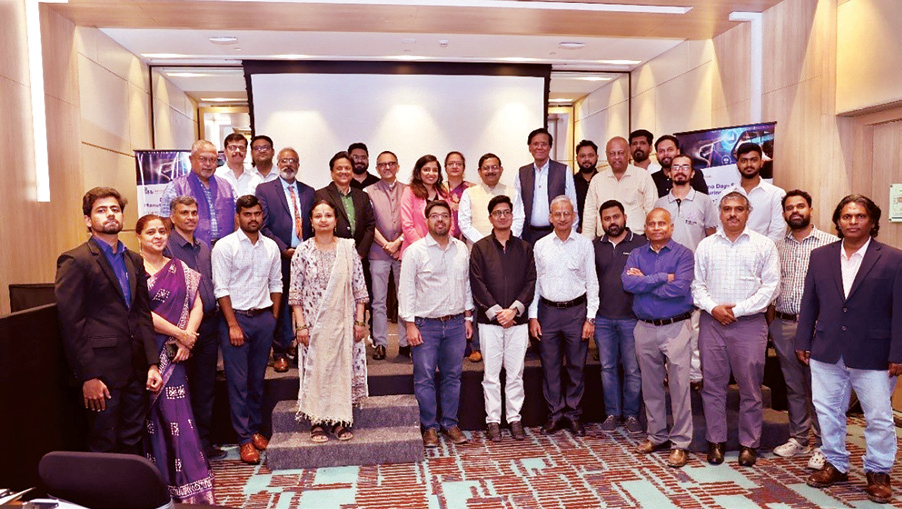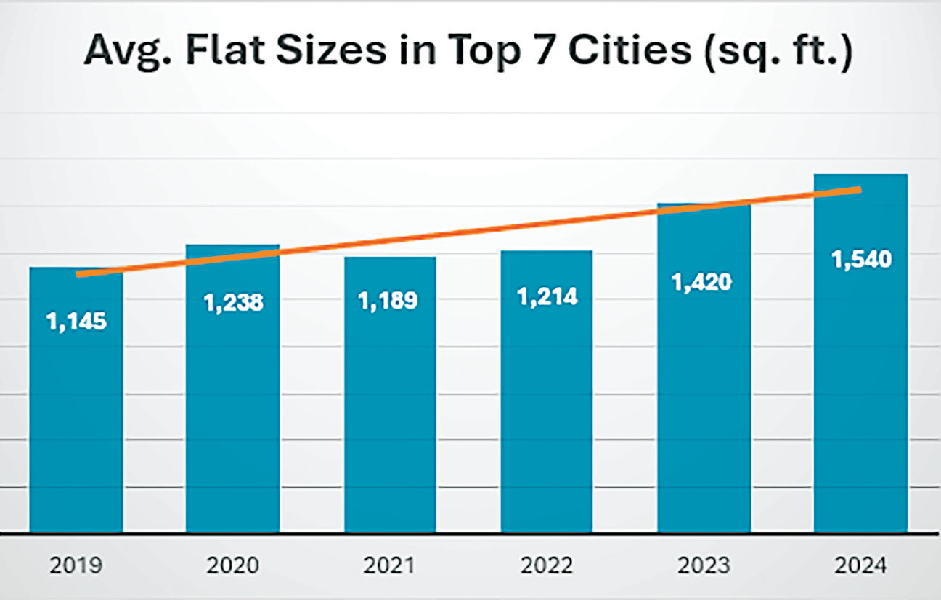
UGC’s new draft norms allow domain experts without teaching experience to be eligible for post of V-C
New UGC guidelines will also make those with PG degree in ME or MTech, with at least 55% marks, eligible for post of assistant professor without having to clear NET
Fareeha Iftikhar
The University Grants Commission (UGC) released draft guidelines on Monday (January 7) for recruitment of Vice Chancellors (V-Cs) at universities, which proposes allowing direct appointment of industry experts, as well as senior professionals from the public sector. While the current guidelines allow for academicians, with at least 10 years of experience as a professor or in a prominent research or academic administrative role, to be eligible for the post of V-C, the draft norms propose that those with at least 10 years of senior-level experience in industry, public administration, public policy, or PSUs also be considered for the role.
The new guidelines also seek to amend norms for hiring faculty in universities, making those with a degrees like Master of Engineering (ME) or Masters of Technology (MTech) with at least 55% marks eligible for the post of assistant professor without having to clear the UGC’s National Eligibility Test (NET). Presently, NET is mandatory for appointment as assistant professor. The UGC has also proposed revising regulations to attract the best talent in fields such as Yoga, Music, Performing Arts, Visual Arts, Sculpture, and Drama, for this post. The UGC (Minimum Qualifications for Appointment & Promotion of Teachers and Academic Staff in Universities and Colleges and Measures for the Maintenance of Standards in Higher Education) Regulations, 2025 issued now will replace the 2018 guidelines.
The new guidelines have been uploaded on the UGC website for inviting feedback and suggestions. The draft guidelines were launched by Union Education Minister Dharmendra Pradhan who said that they will infuse innovation, inclusivity, flexibility and dynamism in every aspect of higher education.
Direct entry of industry experts as V-Cs- The revised guidelines issued by the UGC seek to broaden the criteria for appointing VCs at universities. At present, candidates for the position are required to be distinguished academicians, with at least 10 years of experience as a professor at a university or in a prominent research or academic administrative role, demonstrating academic leadership. Under the new norms, UGC is proposing an additional eligibility criterion.
Once the revised guidelines come into force, individuals with at least 10 years of seniorlevel experience in industry, public administration, public policy, or public sector undertakings, coupled with a proven track record of significant academic or scholarly contributions, will be also eligible for the post. “These regulations also facilitate the selection of faculty members from multi-disciplinary backgrounds. The primary objective of these regulations is to broaden the horizon and freedom and flexibility so that faculty members can excel in areas they are passionate about,” UGC chairperson M. Jagadesh Kumar had told The Print earlier this month.
The proposed guidelines come months after economist Ajit Ranade was removed as V-C of Pune-based Gokhale Institute of Politics and Economics (GIPE) due to lack of the required 10 years of teaching and academic research experience, despite his extensive expertise in his field. Ranade was later reinstated by the Bombay HC, though he resigned in November. Revised guidelines also seek to change the composition of the selection committee for V-C role, making it a three-member panel comprising nominees from the Visitor or Chancellor, UGC, and the university’s apex body.
Earlier, it was a three- to five-member panel. Additionally, the guidelines explicitly specify that if an applicant for the V-C position is a member of the university’s apex body, they must recuse themselves from the meeting when nominees are being discussed. “Any violation of this rule will result in the applicant being disqualified as a candidate for the Vice Chancellor position,” the guidelines state.
This provision was not previously formalised in writing, leading to numerous complaints to UGC from universities where nominees participated in meetings to decide on members for the selection committee. In Ranade’s case too, there were allegations that he was present during meetings of the board when the selection committee was constituted.
New norms for faculty recruitment at all levels- The new norms seek to broaden the recruitment criteria for faculty selection at all levels, aligning it with the National Education Policy (NEP) 2020. For instance, at assistant professor level, which is the entry level, anyone having a four-year undergraduate degree with 75% or a postgraduate degree with at least 55% (or an equivalent grade) and a Ph.D. degree will be eligible.
Besides, anyone with a PG degree with at least 55% marks and qualification in NET conducted by UGC, CSIR, ICAR etc. or a similar test like SLET/ SET, or PG degree equivalent to ME, M. Tech with at least 55% (or an equivalent grade) will be eligible. The regulations also seek to introduce specialized recruitment pathways to attract the best talent in fields such as Yoga, Music, Performing Arts, Visual Arts, Sculpture, and Drama, for assistant professor level. For instance, anyone with an undergraduate degree and with five years of professional experience, having commendable professional achievement at the state- or national-level through authenticated proof, and adequate knowledge of theory and ability to teach with logical reasoning and illustrations in the discipline, can be hired at assistant professor level.
Other areas of significance are involvement in teaching, learning, and research related to the Indian Knowledge System, supervision of student internships or projects, and the creation of digital content for massive open online courses (MOOCs). The new guidelines also seek to do away with the Academic Performance Indicator (API) system, used earlier for promotions of faculty members. “The 2025 regulations move away from the API-based shortlisting used in previous guidelines, focusing instead on a more holistic, qualitative assessment.
Selection committees will now evaluate candidates based on their broader academic impact, including innovation in teaching, technology development, entrepreneurship, book writing, digital learning resources, community and societal contributions, promotion of Indian languages and knowledge systems, sustainability practices, and the supervision of internships, projects, or successful startups,” the UGC chairperson had told The Print.
(Source: The Print)
 English daily published in Bengaluru & Doha
English daily published in Bengaluru & Doha






